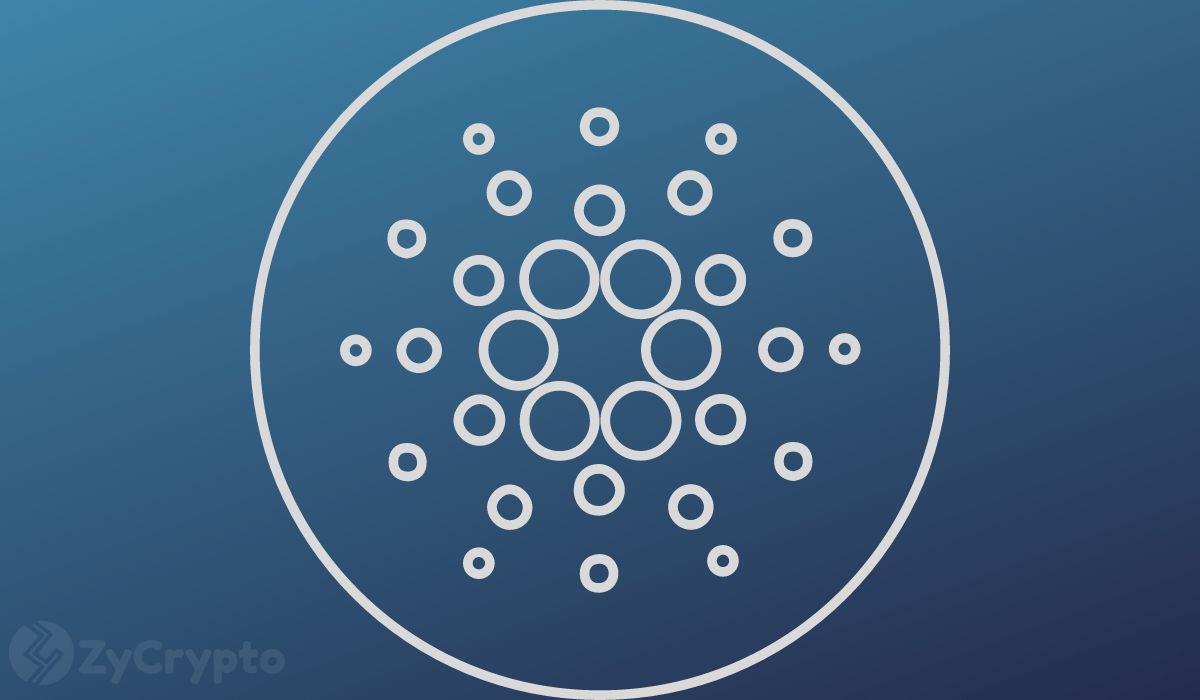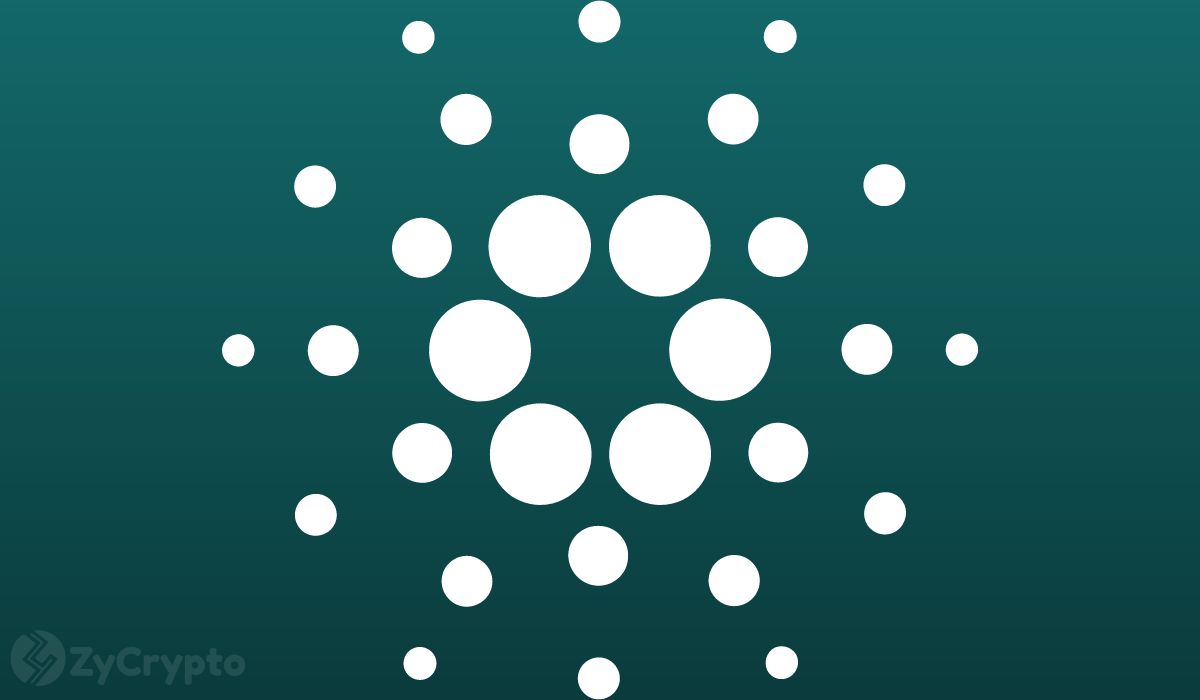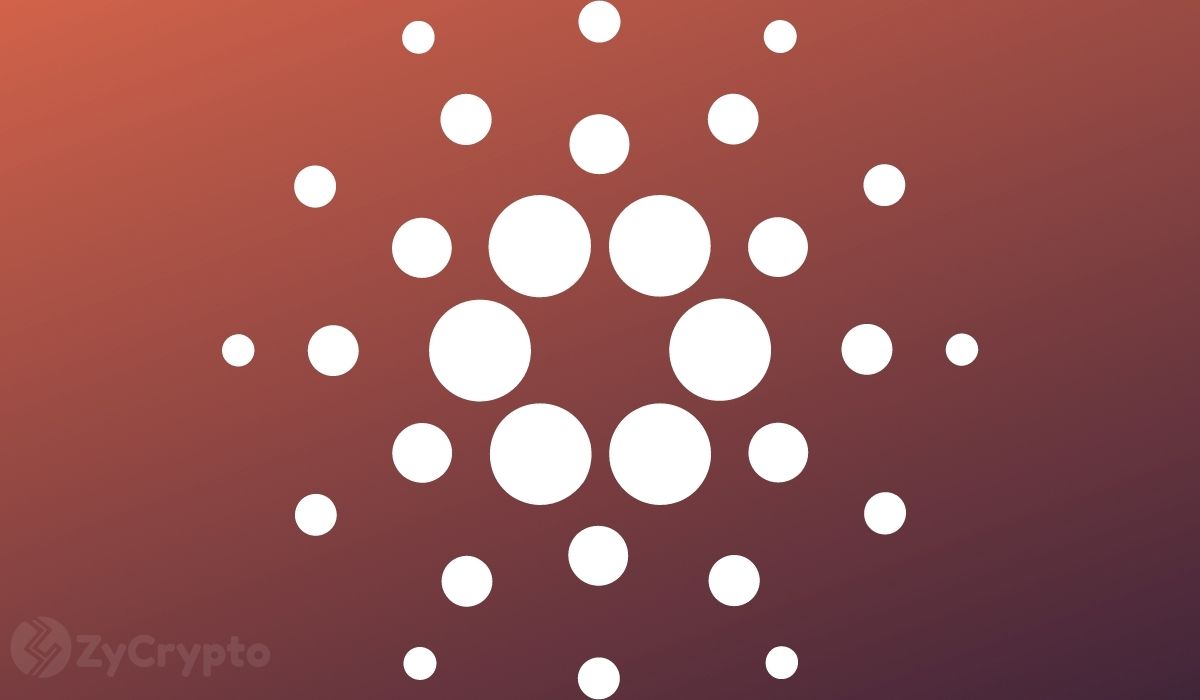2019-7-4 00:22 |
[Guest post by Dmytro Spilka.]
Blockchain is one of the biggest buzzwords in tech right now. Over the past 10 years, it has picked up a lot of coverage and has transformed into a multifaceted technology deployed in most industries. But what is it? And why is everyone talking about it? What are the implications of cryptocurrency and the blockchain that have transformed the way messages, transactions and communications are exchanged? And how has it helped mobile network technology evolve?
2009 saw the first application of blockchain technology with the rise of Bitcoin – the cryptocurrency that operates on the blockchain. But blockchain goes way beyond cryptocurrency. Since then, the technology has been transferred to many other applications including, financial banking, health care data storage and mobile network.
The evolution of mobile network technologyThere is something inherently wrong with traditional cellular architecture of mobile networking. The nature of the centralised server that underpins this system means that people effectively do not own their digital data, personal data or online identities; they naturally belong to a few central companies.
The basic economic principle tells us that control over anything in the market between a handful of companies results in unfair competition, high prices and lack of transparency. In the blockchain economy, principles such as equality, fairness, sound logic, and transparency are paramount.
A decentralized blockchain-based mobile network
A decentralized blockchain-based mobile network does not rely on any single central point of control. As such, the system is innately made fairer and more secure.
As of 2018, 52.2% of all website traffic worldwide was generated through mobile phones.
Image Source: Statista
Cybersecurity and online privacy no longer reside strictly within the office or at home. Mobile users are becoming more concerned about the privacy of their mobile use for communications, transactions and phone calls.
Some companies are beginning to explore the possibility of multiple protection layers, built on a blockchain and integrated across multiple levels of security. This has been part of the effort towards enabling more secure smartphone security. Resultantly, there’s been a willingness to leverage blockchain tech to use crypto-geographical security to protect users digital identities.
The immutable distributed ledger on the blockchain securely collects and stores any suspicious activities such as failed sign-ins and illegal software and firmware updates. Additional layers of security protection against malicious tampering of the core system as they are detected and the illegal request is immediately rejected.
Modernized Mobile Networks for the Era of Private CommunicationBlockchain has established firm grounds in telecom and has shifted the industry.
There’re companies that now utilize a decentralized server system. These networks are built upon a set of mechanisms which work together to maximize confidentiality and cyber threats. The risk of your personal data being picked up by the 3rd party, shared, sold or stolen is minuscule. The development of the blockchain has meant that no one can intercept to disable or disrupt the encryption in your SIM.
The regular telco market is “yet liable to multiple flaws – intermediary links, excessive expenditures, and tech lagging ” comments Maxim Ploskonosov, CFO at Irbis Network.
As the total revenue of the mobile payments market is expected to reach $1 trillion by the end of 2019, making payments via mobile devices is one of the avenues used by cybercriminals in their data collecting pursuit.
Image Source: Statista
Disclosure of such personal data, whilst often necessary, puts you at risk of identity theft and financial damages. Making payments through various cryptocurrencies run on the blockchain is a safer option.
Not only have mobile operators and service providers jumped on the blockchain bandwaggon to provide a safe and secure internet experience for their consumers, but so too are telecom platforms for mobile network providers. Thanks to the developments and multi-uses of blockchain technology, there is now a decentralized global platform that allows mobile network operators and service providers to interact with each other securely without complex integrations or intermediaries.
Bubbletone is one such company and has developed solutions for mobile network operators including, billing applications, a VOIP software switch, traffic routing solutions, network, and data security solutions and more, on the blockchain.
The Future of Blockchain Mobile NetworksFrom built-in cryptocurrency wallets to decentralized reward systems, the next generation of smartphones are forecast to be powered by blockchain technology. Ambitious entrepreneurs are hoping to develop new blockchain-based solutions for smartphones and some use case for the blockchain involves a decentralized cellular network to provide free cell phone services.
The company Mobilink-Coin, are already unraveling this possibility. They distribute cell phone voice and data services to its users at no cost – provided the users participate sufficiently on the Mobilink-Coin network.
In the not too distant future, it’s anticipated that the next use of blockchain technology will feature integrated hardware wallets and cryptocurrency payment systems. Looking into the future, we might see the mass use of blockchain based smartphones securing data and communications and the creation of a fair, equal and secure blockchain economy which could potentially eliminate cellular service bills.
The post The vital role of crypto & blockchain in modernising and securing the telco industry appeared first on ZyCrypto.
origin »Bitcoin price in Telegram @btc_price_every_hour
High Performance Blockchain (HPB) на Currencies.ru
|
|



























